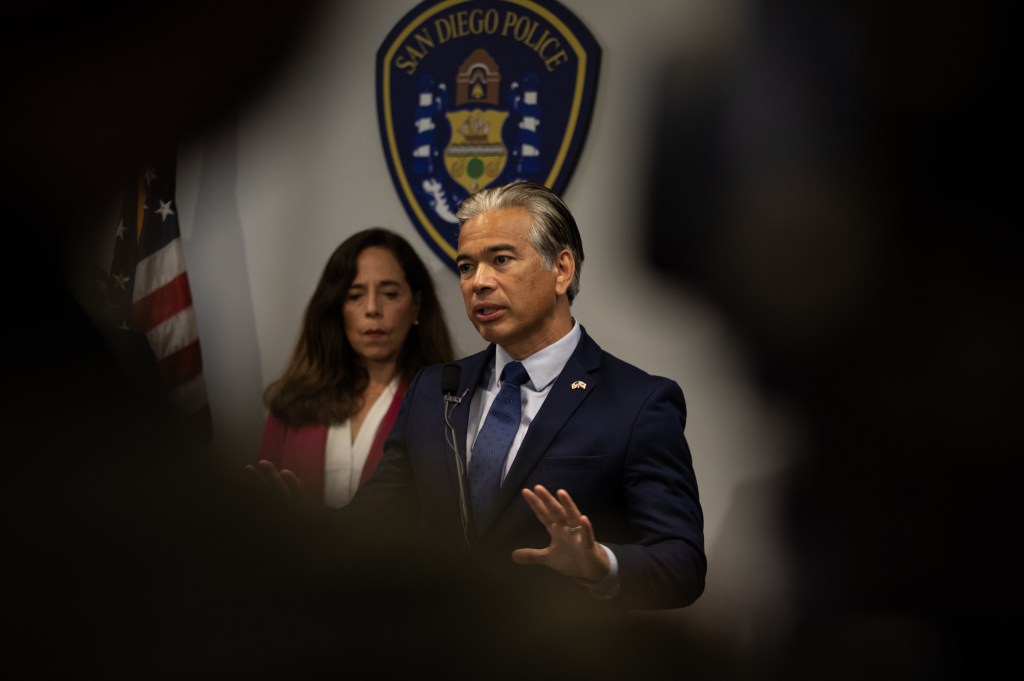In a span of over a year, California’s Attorney General Rob Bonta has filed two notable lawsuits against energy producers. The first lawsuit, filed against oil companies, was based on their alleged decades-long deception, claiming the oil industry is responsible for climate change-related harms. This lawsuit is one amongst over 30 across the United States, highlighting the growing concern over the environmental impacts of heavy industries.
The second lawsuit filed recently targets ExxonMobil, one of the world’s largest publicly traded international oil and gas companies. Bonta accuses the company of engaging in deceptive public messaging about plastic recycling. However, these lawsuits are seen not as genuine protection of the environment, but as movements with political intentions.
These lawsuits are sold to the public under the pretense of corporate accountability, a popular sentiment in the current socio-political climate. However, these actions may compound the nation’s affordability issues, particularly affecting vulnerable families and local businesses who will bear the brunt of rising energy costs.
Bonta’s goal with these litigations seems to be making the use of oil and gas a costlier proposition. The intent here is to discourage their use and shift the financial burden onto the companies and their shareholders. One of the foreseeable outcomes of Bonta’s climate lawsuit, if successful, would be that these costs might end up being shared by consumers, which could disrupt their financial stability.
The potential effects of any increase in the cost of fossil fuels would have wide-ranging implications. The Federal Reserve has pointed out the obvious here: when gasoline prices increase, households have less to spend on other goods and services. The same logic applies to businesses, particularly those that are heavily dependent on fuel, such as transportation companies. For these businesses, higher oil prices would mean a higher cost of production.
If the climate lawsuit is able to coffer a $200 billion settlement, then gasoline prices could spike by 62 cents a gallon, representing over a 13% rise from the average price of a gallon of gas in California recently. Furthermore, due to energy being an essential part of virtually every product and service, price increases would affect everything from groceries, electronics like cell phones, and utility services like home heating and cooling.
Such lawsuits may also deter capital investment towards developing potential clean energy innovations and technologies. The lawsuits could even potentially impact those technologies that were once seen as having great potential in reducing emissions.
For example, the increased use of natural gas is one of the main reasons why carbon emissions have declined over the past 20 years. Demonstrating this, the U.S. Energy Information Administration (EIA) has highlighted the pivotal role natural gas has played in reducing U.S energy-related carbon emissions.
Lastly, California’s Attorney General Bonta’s accusation against ExxonMobil is that the company has been misleading Californians for nearly 50 years by suggesting that recycling could solve the ever-growing plastic waste crisis. In this lawsuit, questions arise about what Bonta believes would have been a better alternative to plastic. This argument highlights a prevailing quandary amongst many environmentalists and sustainability researchers about inciting damaging consequences by switching to another material without meticulous consideration.





